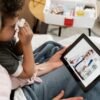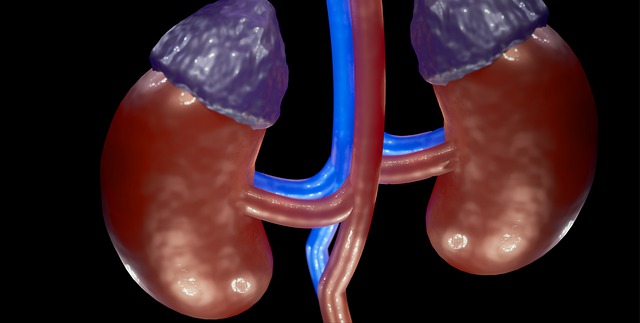Infectious diseases are caused by viruses, bacteria, fungi, which are mainly called organisms. Worldwide most people are affected by infectious diseases and the symptoms are very mild to understand. This post will disclose the very clear definition of infectious diseases, symptoms, causes, and treatments. So read properly without skipping any vital point.
Many infectious diseases spread from man to man randomly. Some are spread by insects and animals. Here is short information that will help you with the diseases.
What Are Infectious Diseases?
Do you want to know the proper definition of infectious disease? These are types of disorders caused by microorganisms like fungi, bacteria, parasites, viruses, etc. As we know that they lived in our bodies and some of them are harmless and helpful. But some may cause disease.
An interesting fact is that some studies claims, that infectious disease affects poor people in poor countries. There are some causes behind this injustice issue. Poor immune systems, and dirty residences two are perfect examples of this.
Who is most at risk for getting infectious diseases?
Anyone can be affected by infectious diseases. But the quickest spreading chances are in the people mentioned below:
- Very low immune system.
- People who have cancer disease.
- Recent organ transplant patients.
- Unvaccinated people.
- Healthcare workers.
- People who love to travel to at-risk areas.
Symptoms:
We previously mentioned that this type of disease spread directly and indirectly from person to person. Below symptoms are mentioned:
- Diarrhea
- Muscle aches
- Vomiting
- Fever
- Coughing
- Shock
- Fatigue
When to see a doctor?
- You must pay medical attention if you feel these signs:
- If you have been bitten by any animals.
- When you feel uncomfortable taking a breath,
- Coughing for more than one week.
- If you feel a headache with a fever.
- If you experience rashes on your body,
- Have an unexplained fever.
- And unexpected vision problems.
Causes:
Infectious disease can be caused by:
Fungi: Mainly skin diseases are caused by fungi; it affects our nervous and lungs systems.
Virus: viruses are very dangerous diseases. Common cold, AIDS, and life-taking Coronavirus are some examples of virus diseases. Viruses are smaller than bacteria.
Bacteria: these one-cell organisms spread illnesses and infections like urinary tract, strep throat, and tuberculosis.
Parasites: Malaria is an example of a Parasites disease. It is spread by mosquito disease. And others can be spread among humans or animals.
Direct contact can spread this disease. Here are some points of how it spread directly:
Person to person disease spread through kisses, coughs, touches, sneezes or from sexual contact, etc.
- Animal-to-person disease is spread by scratching or biting any infected animals.
- Mother to the unborn child, an infection transmitted during birth and breastfeeding.
Indirect contact can be caused by insect bites and food contamination.
Treatment:
The availability of vaccines helps to prevent many common diseases. Below are some important points that help to prevent infectious diseases:
1. Get Vaccinated:
Vaccination is very important to reduce and prevent any common diseases. So you should make sure about your and your family’s vaccination date.
2. Wash Your Hands:
Washing hands frequently is a very important part to avoid disease. Before cooking, eating, sleeping, and after the toilet try to wash your hands with handwash. Avoid touching your nose, eyes, and mouth
3. Stay at home when you feel ill:
When you feel ill and vomiting you should stay at your home, don’t go outside without prescribed medication. Also, remember don’t send your child to school without a doctor’s advice.
4. Prepare food:
We know homemade healthy food is very effective for our health. So taking prepared food is safe for your health. Try to cook foods at the proper temperature. Make your child home-prepared food habits.
5. Avoid sharing personal items:
Always try to avoid sharing your personal items like a toothbrush, towel, razor, comb, and also drinking glasses.
6. If you travel, prepare for it:
Infectious disease is common in travel lovers as they visit here and there to discover unknown places. So before traveling to any place or outside the country, you must visit a doctor for special vaccination that you may need.
The Bottom Line:
On the ending note, I just say if there is any disease that exists then the precaution also exists. So don’t be hyper or fearful about your health. Keep in touch with health specialists and follow instructions. It’s important to take care of yourself for your family.










